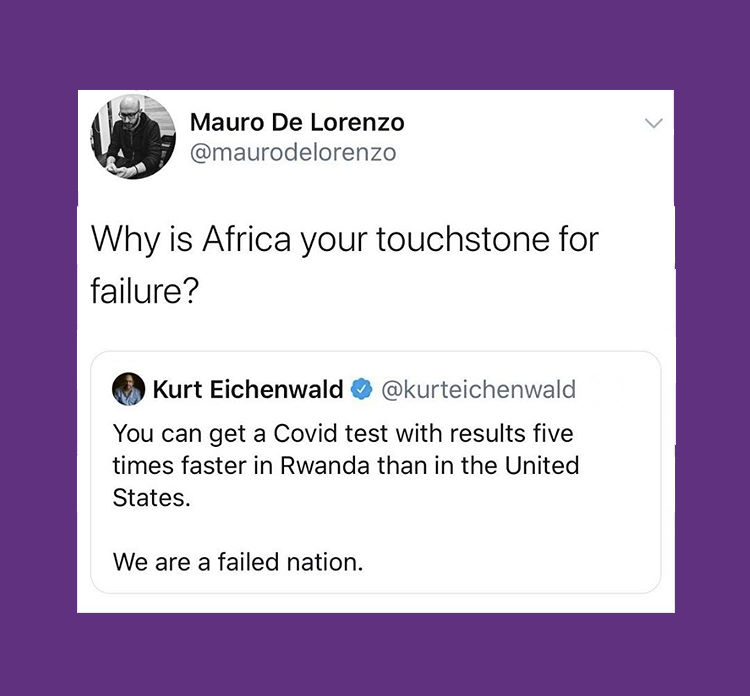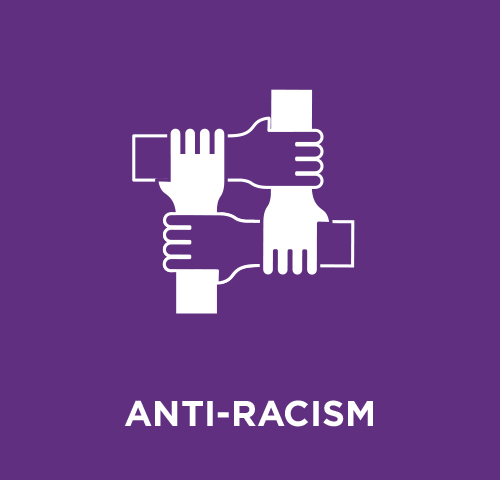Your youth may be interested in travelling abroad at some point. Be sure to equip them with the morals and tools to travel ethically.
Understanding privilege in travel
White and first world privilege in travel is granted by having white or light skin and having socio-economic advantages and a passport from a first world country.
Having these privileges can cause ignorance in travelling ethically. It can show up as:
Ignoring and disrespecting local customs by acting however they want.
- Read up on local customs, such as taking shoes off in temples, dressing modestly. You are a foreigner in another person’s home country.
Not attempting to learn the local language and expecting everyone to speak English to accommodate them.
- Expecting everyone to speak English demonstrates colonialism. At least learn some simple polite phrases, such as thank you, to show respect.
Commodifying local and Indigenous culture.
- Don’t look at culture and traditions as a tourist attraction, respect them as a way of life and as preserving heritage. For tours, ensure the money goes back into sustaining local communities.
Not researching the destination country.
- It’s important to read up on the history of the country you’re traveling to, as it will often give you important information about their society and how to be respectful.
Abusing resources and using single-use plastics.
- Be mindful of your environmental footprint. Some countries don’t have the same infrastructure for waste disposal, so carry reusable water bottles, bags, etc. As well, leave wilderness the way you found it.
Bargaining extensively and aggressively.
- Although bargaining is a common practice in many countries, by coming from a first world country, a few dollars doesn’t make much difference for you, but can make a big difference in a merchant’s life.
Mission Trips
When my daughter was in grade 9, I took her on a mission trip to the Dominican Republic. It was organized through our church and although I knew a little about this type of trip, it turned out to be one of the best investments I ever made. Not only did it take us both out of our comfort levels, it opened up a new world for us. From meeting new people, exploring new cultures, learning a new language, and understanding how very fortunate we are living a life we often take for granted. It strengthened our relationship and ignited in her a desire to help others. It also gave her the courage to continue to explore the world around her.
Penny Deathe, Founder, Healthy Youth Network
Getting Started
Do your research! There are mission trips to suit all kinds of passions and interests. Some are through religious organizations, or there are others that are available to anyone and with all different price tags. Whether they want to travel alone, with a friend, a group, or with your family, there are many reputable organizations. Just make sure you do your homework to ensure the trip and project you’ll be working on is ethical.
Funding your Mission Trip
To get the most out of this experience, include your child in the fundraising. Whether they’re going it alone, or you’re planning it as a family, make it a family fundraising experience. Help them create a plan, set goals, come up with ideas, but let them do the work! If you raise the money, you’re missing out on teaching them some valuable life skills.
Problems with voluntourism and mission trips
- Organizations do not speak directly with the locals to understand what they need.
- Root issues are not examined, so the community becomes dependent on supplies and funding from the West.
- Projects are not sustainable and are not monitored after the volunteers leave.
- Volunteers don’t have the necessary skills to build a school, hoe a field, etc, and take away jobs from locals.
- Leads to “poverty tourism,” seeing other people’s lives as an experience.
- Reinforces “poverty porn,” sharing images of children in poverty, and the idea that they’ll be happy with anything.
White saviourism: When white and Western folxs attempt to “fix” problems in the Global South, often to feel good about themselves. Thinking the West has all the solutions is a colonialist ideology; you need to understand what the local communities need help with, and recognize that you’re there to help them with what they need.

How to travel ethically
- Donate to local grassroots organizations, instead of large international charities.
- Educate yourself on the community’s culture and needs, as well as its history and the lasting effects of colonialism.
- Listen and learn from locals.
- Understand your skill set before signing up for a volunteer job that you may not be experienced with.
- Look into organizations that continue to support the local communities they work with after your work there is done.
- Don’t take pictures of the children you’re “helping.”
- Model ethical travel behaviours when you’re travelling with youth, such as by respecting the environment there, respecting the locals, and immersing yourself in the culture rather than make a spectacle of it or dismiss it
Ethical travel organizations

Operation Groundswell partners with local organizations that already exist within their communities. Most time is spent learning from these partners to understand the underlying issues and challenges they face. Operation Groundswell is “backpacking with a purpose.”

Blue Sky Society is an organization dedicated to helping people and animals in need, identifying and managing projects that people and companies can support by giving their time, expertise, ideas and funds. They lead expeditions in Africa.

Intrepid Adventures is a carbon-neutral travel company, employing local guides and actively working with communities and local partners to support their development. They provide travellers the opportunity to connect with the local people while being environmentally-friendly.
*Although we do our best to ensure the organizations we list are respectable, HYN does not endorse businesses. We recommend you check them out thoroughly.
Mission Trip Organizations
Live Different was established as a Canadian charity in 2000 and began to visit global neighbours in 2005. From the beginning, they have been passionate about making a difference in people’s lives through their Canadian programming, humanitarian builds program, community projects, and Academy program.
Habitat for Humanity brings communities together to help families build strength, stability and independence through affordable homeownership.
Habitat Canada Global Village connects Canadians with Habitat volunteer opportunities around the globe and across Canada. Volunteers work alongside members of the community, as well as families, to make a lasting impact by building safe and decent housing for people in need of decent housing. It’s an opportunity to gain a greater understanding of housing and development issues in other countries, to learn more about another culture and about yourself.
YOUTH WITH A MISSION is an international volunteer movement of Christians from many backgrounds, cultures and Christian traditions, dedicated to serving Jesus throughout the world.
Back to Making a Difference






